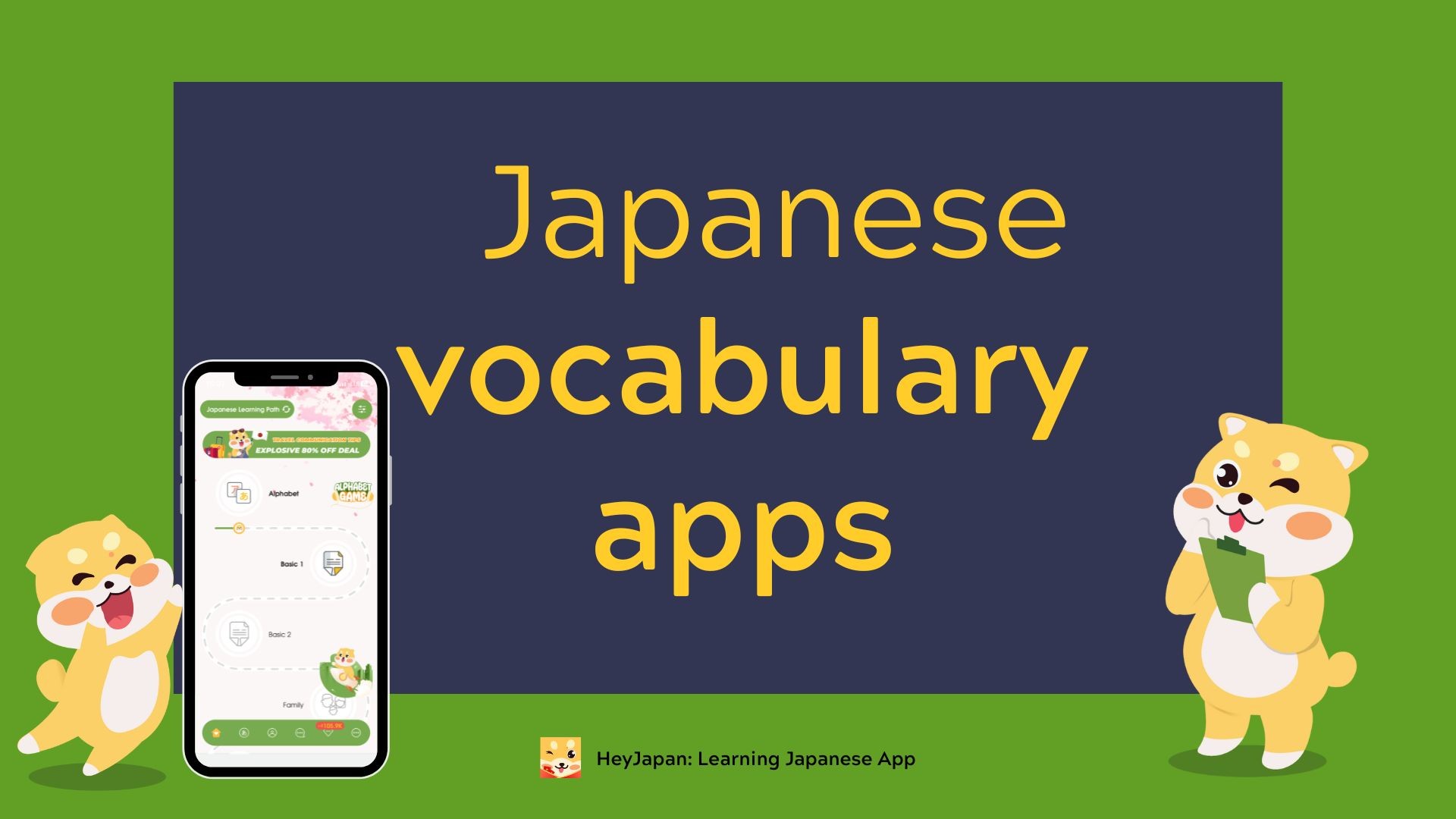200+ Must know basic Japanese words for beginners
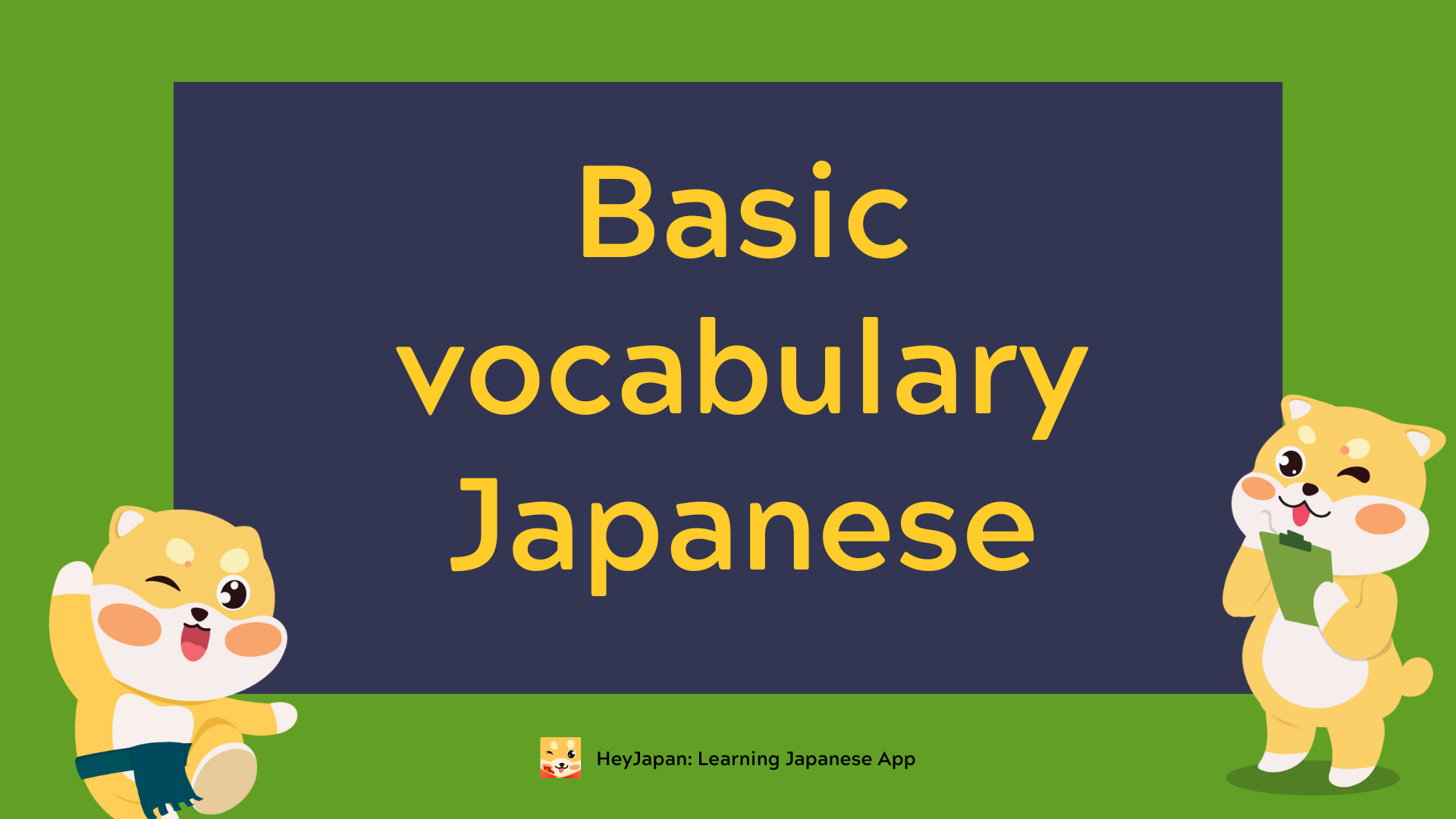
Quick view
Learning basic Japanese vocabulary is an essential first step in mastering the Japanese language. These basic words not only help you communicate in everyday situations but also form the foundation for learning grammar and more advanced vocabulary. In this article, we will provide you with a list of 200+ must-know Japanese words for beginners, along with effective learning methods and helpful study resources.
Why Learning Basic Japanese Vocabulary is Important.
- Improves Communication: Mastering basic Japanese vocabulary allows you to engage in simple conversations, such as asking for directions, ordering food, or talking to friends.
- Builds a Strong Language Foundation: These words form the essential building blocks for understanding Japanese grammar, sentence structures, and advanced vocabulary.
- Prepares for JLPT: Basic vocabulary is a key requirement for the JLPT N5 and JLPT N4 exams. Learning these words will significantly improve your chances of success in these levels.
200+ Must-Know Basic Japanese Words for Beginners
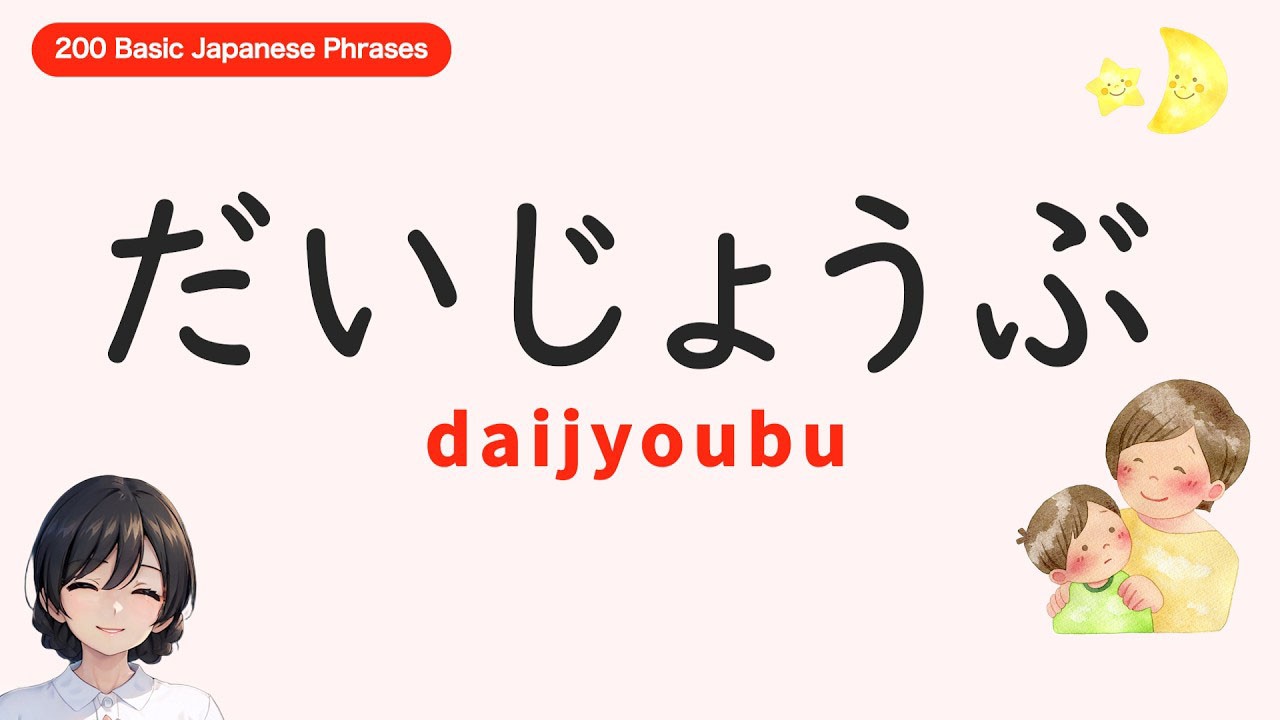
Here is a categorized list of 200+ basic Japanese words that you need to know as a beginner:
Greetings
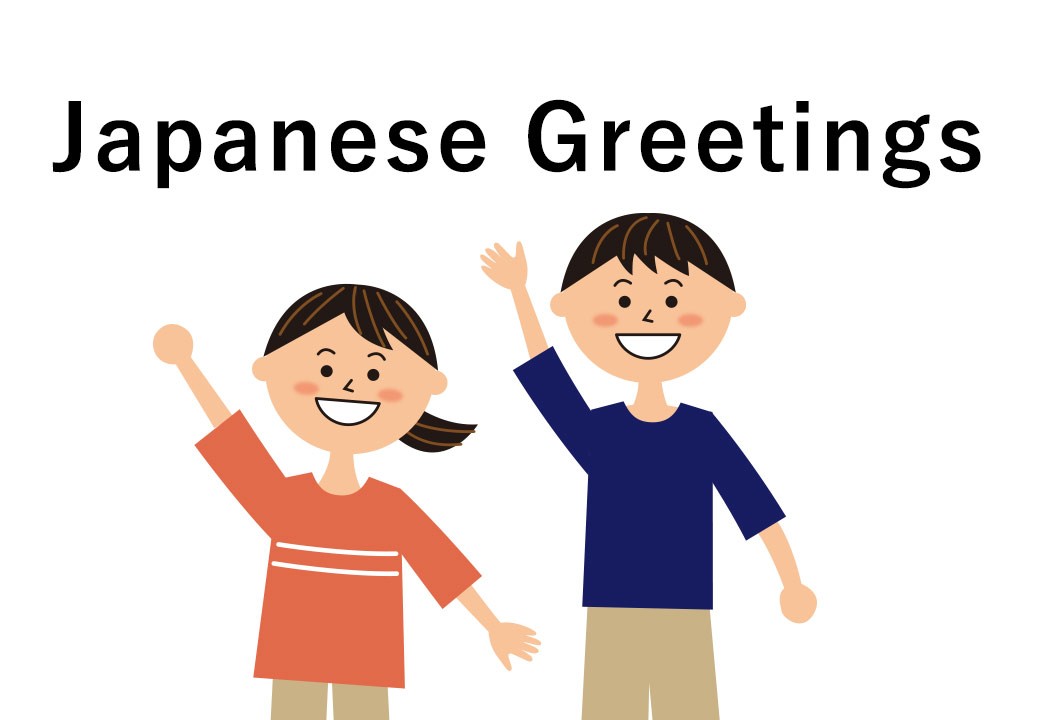
- おはようございます (Ohayou gozaimasu) – Good morning
- こんにちは (Konnichiwa) – Good afternoon
- こんばんは (Konbanwa) – Good evening
- ありがとうございます (Arigatou gozaimasu) – Thank you
- すみません (Sumimasen) – Excuse me / I’m sorry
- お疲れ様です (おつかれさまです, otsukaresama desu) – Thank you for your hard work (common in workplaces)
- おやすみなさい (Oyasuminasai) – Good night
- いってきます (Ittekimasu) – I’m off (when leaving home)
- いってらっしゃい (Itterasshai) – Have a good day (said to someone leaving home)
- ただいま (Tadaima) – I’m home (used when returning home)
- おかえりなさい (Okaerinasai) – Welcome home
Read more: 16 Ways to Say Hello in Japanese: Greetings for Every Situation
People / Pronouns
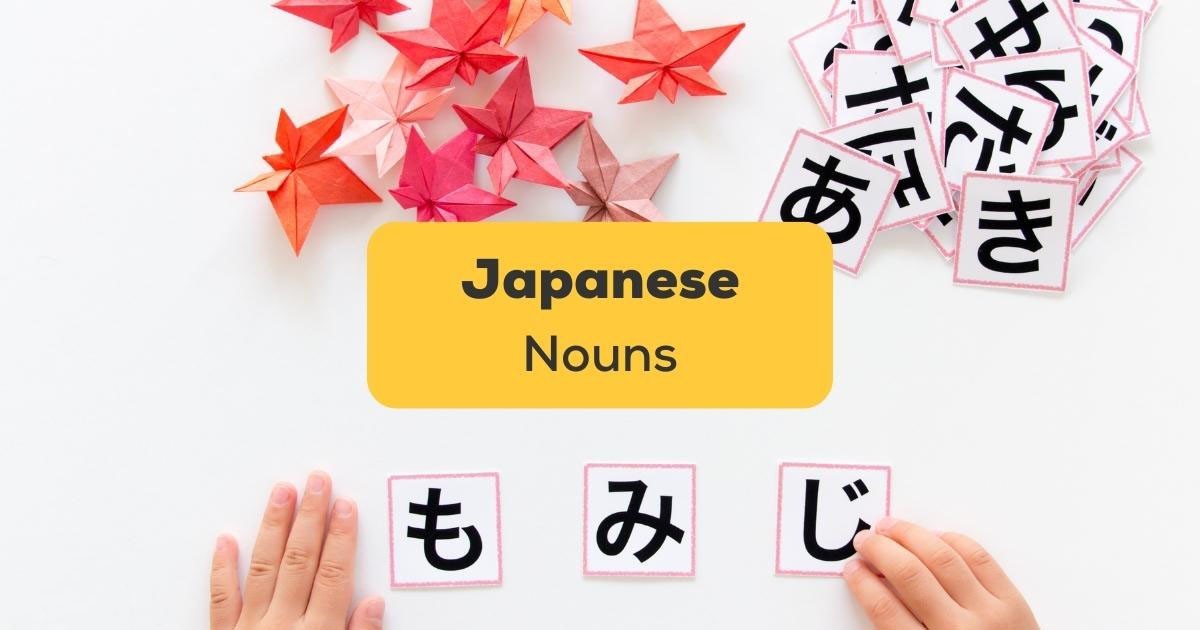
- 私 (わたし, watashi) – I (formal)
- あなた (anata) – You (formal)
- 彼 (かれ, kare) – He / Him
- 彼女 (かのじょ, kanojo) – She / Her
- 皆さん (みなさん, minasan) – Everyone
- 自分 (じぶん, jibun) – Myself (can also mean "we")
- 友達 (ともだち, tomodachi) – Friend
- 家族 (かぞく, kazoku) – Family
- 先生 (せんせい, sensei) – Teacher
- 学生 (がくせい, gakusei) – Student
Food and Drink

- ご飯 (ごはん, gohan) – Rice / Meal
- 水 (みず, mizu) – Water
- お茶 (おちゃ, ocha) – Tea
- ビール (biiru) – Beer
- 食べ物 (たべもの, tabemono) – Food
- 果物 (くだもの, kudamono) – Fruit
- 牛乳 (ぎゅうにゅう, gyuunyuu) – Milk
- コーヒー (koohii) – Coffee
- 肉 (にく, niku) – Meat
- 魚 (さかな, sakana) – Fish
- 野菜 (やさい, yasai) – Vegetables
- 卵 (たまご, tamago) – Egg
- パン (pan) – Bread
- アイスクリーム (aisukuriimu) – Ice cream
Read more: 33+ Vegetables in Japanese Vocabulary - Words In Use
Numbers
- 一 (いち, ichi) – One
- 二 (に, ni) – Two
- 三 (さん, san) – Three
- 十 (じゅう, juu) – Ten
- 千 (せん, sen) – Thousand
- 百 (ひゃく, hyaku) – Hundred
- 五 (ご, go) – Five
- 七 (なな, nana) – Seven
- 二十 (にじゅう, nijuu) – Twenty
- 三十 (さんじゅう, sanjuu) – Thirty
- 四十 (よんじゅう, yonjuu) – Forty
- 五十 (ごじゅう, gojuu) – Fifty
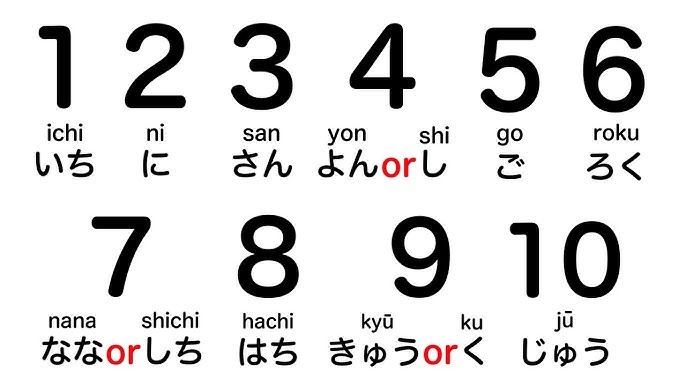
Maybe you like: 4 special lucky numbers in Japanese you may not know
Time
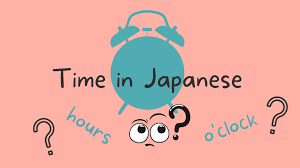
- 今 (いま, ima) – Now
- 昨日 (きのう, kinou) – Yesterday
- 明日 (あした, ashita) – Tomorrow
- 月曜日 (げつようび, getsuyoubi) – Monday
- 日曜日 (にちようび, nichiyoubi) – Sunday
- 時間 (じかん, jikan) – Time
- 週末 (しゅうまつ, shuumatsu) – Weekend
- 昼 (ひる, hiru) – Afternoon
- 朝 (あさ, asa) – Morning
- 夜 (よる, yoru) – Night
- 先週 (せんしゅう, senshuu) – Last week
- 来週 (らいしゅう, raishuu) – Next week
Read more: Learn Japanese Time Vocabulary – Essential Terms & Phrases
Places
- 家 (いえ, ie) – House
- 学校 (がっこう, gakkou) – School
- 店 (みせ, mise) – Shop
- 駅 (えき, eki) – Station
- 公園 (こうえん, kouen) – Park
- 病院 (びょういん, byouin) – Hospital
- 銀行 (ぎんこう, ginkou) – Bank
- 空港 (くうこう, kuukou) – Airport
- レストラン (resutoran) – Restaurant
- ホテル (hoteru) – Hotel
Colors
- 赤 (あか, aka) – Red
- 青 (あお, ao) – Blue
- 緑 (みどり, midori) – Green
- 白 (しろ, shiro) – White
- 黒 (くろ, kuro) – Black
- 黄色 (きいろ, kiiro) – Yellow
- ピンク (pinku) – Pink
- オレンジ (orenji) – Orange
- 紫 (むらさき, murasaki) – Purple
- 茶色 (ちゃいろ, chairo) – Brown
Essential Verbs
- 食べる (たべる, taberu) – To eat
- 行く (いく, iku) – To go
- 見る (みる, miru) – To see
- 書く (かく, kaku) – To write
- 話す (はなす, hanasu) – To speak
- 聞く (きく, kiku) – To listen
- 買う (かう, kau) – To buy
- 遊ぶ (あそぶ, asobu) – To play
- 勉強する (べんきょうする, benkyou suru) – To study
- 寝る (ねる, neru) – To sleep
- 働く (はたらく, hataraku) – To work
- 覚える (おぼえる, oboeru) – To remember
- 走る (はしる, hashiru) – To run
- 泳ぐ (およぐ, oyogu) – To swim
- 作る (つくる, tsukuru) – To make
How to Learn Basic Japanese Vocabulary Effectively
Use Flashcards
- Anki and Quizlet are excellent tools for memorizing vocabulary using Spaced Repetition. These tools help you retain words over time.
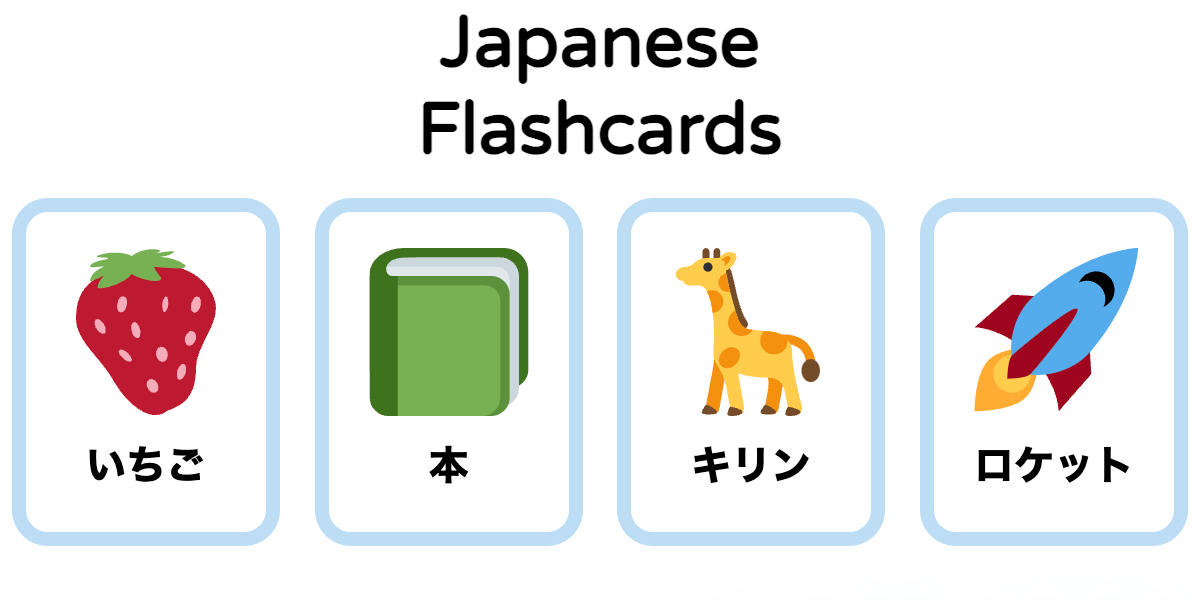
Learn by Topic
- Group your vocabulary by categories such as family, time, colors, and food. This makes it easier to remember and apply in real-life situations.
Use Japanese Learning Apps
- Apps like HeyJapan, Duolingo, and Memrise provide structured vocabulary lessons categorized by levels and topics, making learning efficient and fun.
Practice Every Day
- Set aside time daily to practice your vocabulary and try using new words in conversations. Consistency is key to retaining new vocabulary.
Benefits of Learning Basic Japanese Vocabulary
- Improves Communication: Knowing essential vocabulary helps you participate in everyday conversations and express yourself in various situations.
- Enhances Listening and Reading Skills: Understanding vocabulary allows you to follow conversations and read Japanese materials with ease.
- Prepares for JLPT: Mastering basic vocabulary is crucial for passing JLPT N5 and JLPT N4 exams.
In conclusion, mastering basic Japanese vocabulary is a crucial step in your Japanese language journey.
It will help you communicate more effectively, prepare for the JLPT, and provide the foundation you need for further language development.
Keep practicing and expanding your vocabulary, and soon you’ll be able to confidently speak and understand Japanese!





